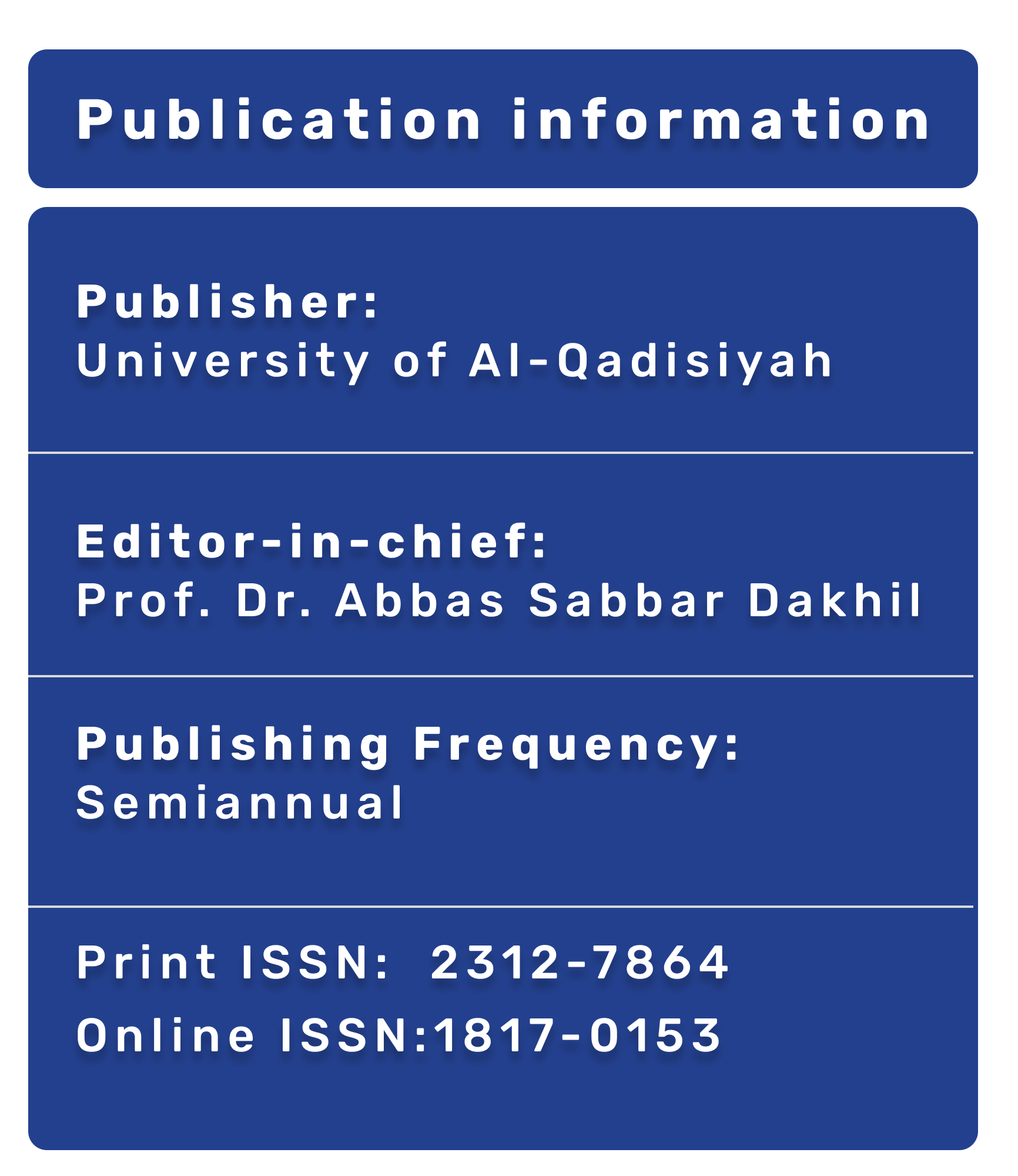Lipid Peroxidation, Lipid Profile, Serum Leptin and Glycemic Control in Patients With Ischemic Stroke:Role of Vitamin E Supplementation
DOI:
https://doi.org/10.28922/qmj.2014.10.18.1-12الكلمات المفتاحية:
ischemic stroke، glycemic control، leptin, MDA، lipid profile، vitamin Eالملخص
Aims: To evaluate parameters of glycemic control (fasting serum glucose "FSG", serum insulin level and insulin resistance), serum leptin, malondialdehyde "MDA" and lipid profile (total cholesterol "TC", triglyceride "TG", low density lipoprotein cholesterol LDL-c, high density lipoprotein cholesterol HDL-c, very low density lipoprotein cholesterol VLDL-c and atherogenic index "AI" ) and body mass index (BMI) in patients with ischemic stroke and to test the influence of vitamin E supplementation on these parameters, Methods: This study included 62 ischemic stroke patients and 28 healthy control subjects. Patients were randomly divided into 2 groups: group I (n=33) involved patients with ischemic stroke who assigned to receive conventional therapy and group 2 (n=28) included patients who received conventional therapy with oral supplementation of vitamin E (400 IU/d) for 30 days. Fasting blood samples were initially obtained from all patients within 24-48 hours after the accident (before starting treatment) and from the controls and assay of FSG, serum insulin, leptin, MDA, TC, TG, HDL-c and calculation of insulin resistance, BMI, LDLc, VLDL-c and AI using especial equation were done. For the patients groups, another fasting blood samples were taken after therapy and assessment of the parameters mentioned above were done, Results: Before therapy, there was a significant differences between patients in group one ( on conventional therapy alone) and the controls with regard FSG, serum leptin, MDA, and AI, while there was a significant difference between patients in group 2 and the controls with regard FSG, serum leptin, MDA.After therapy, there was a significant increase in HDL-c with significant decrease in serum insulin, leptin , MDA and AI in patients in group one, with significant increase in BMI and significant reduction in serum leptin, MDA, TC, TG, VLDL-c, LDL-c and AI in patients in group 2 compared to pre-therapy stages.
By comparison of the net differences of both groups after therapy, there was a significant reduction in the MDA and TC in patients in group 2 compared to patients in group one, Conclusion: Acute ischemic stroke might be associated with disturbances in some parameters of glycemic controls, lipid profile, elements of oxidative stress and serum leptin. Vitamin E supplementation during the early post ischemic period resulted in reduction in oxidative stress and improving some parameters of lipid profile.








